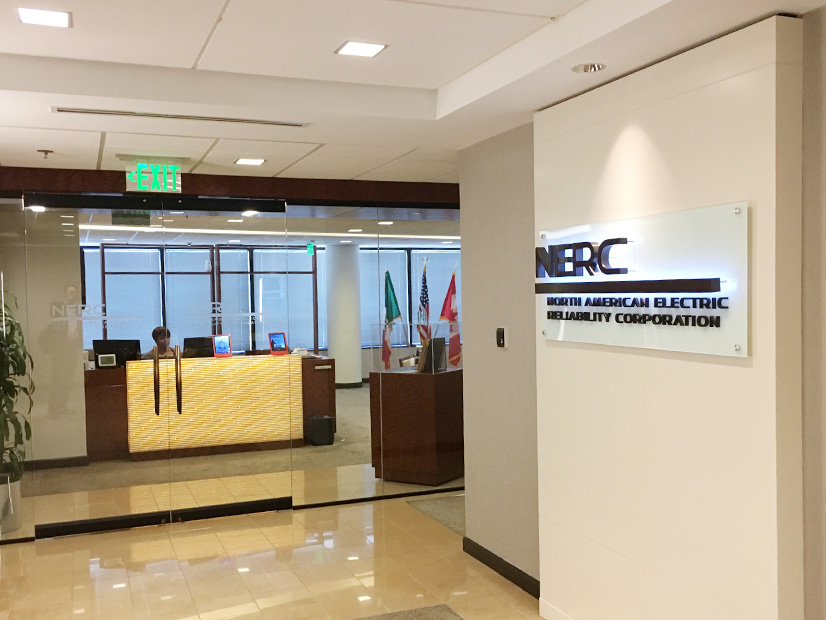The ERO Enterprise has once again extended its pandemic-related regulatory relief measures initiated last year, this time through the end of 2021. However, in its announcement Monday NERC said that further extensions are unlikely “given anticipated developments in COVID-19 response throughout 2021.”
Originally intended to remain in place from May through Sept. 2020, NERC’s guidance has been extended several times because of the prolonged pandemic, most recently to the end of June. (See ERO Pandemic-related Measures Extended Again.)
The measures temporarily expand the ERO Enterprise self-logging program, allowing all registered entities — regardless of whether they are part of the program — to self-log instances of noncompliance that pose either a minimal or moderate risk to the bulk power system, as long as the noncompliance can be attributed to coronavirus mitigation actions. (See NERC Expands Self-logging During Pandemic.) Utilities that were not part of the self-logging program cannot do so for instances of noncompliance that are not pandemic-related and will not be considered enrolled when the guidance expires on Dec. 31.

NERC headquarters in Atlanta | © RTO Insider LLC
Also included in Monday’s extension is the deferral of certain regulatory activities that FERC, NERC Relax Compliance in Light of COVID-19.) The deferrals, described as “regulatory discretion,” address difficulties registered entities may have in the following categories:
- inability to obtain and maintain personnel certifications;
- failure to perform periodic actions required by reliability standards; and
- on-site activities such as audits and certifications that would normally be performed by regional entities.
Cautious Return to Normal Continues
Monday’s announcement indicates that while the ERO Enterprise is looking ahead to the end of the pandemic, NERC and the REs continue to err on the side of caution. Many organizations continue to maintain fully remote work postures: NERC, for instance, told ERO Insider that all employees are working from home for the foreseeable future, while management continues “to monitor the situation.”
The meetings of the NERC Board of Trustees and Member Representatives Committee scheduled for May 13 are being held remotely, while a decision has not yet been reached on the August and November meetings.
Most REs have moved closer to resuming normal operations: Charles Dickerson, CEO of the Northeast Power Coordinating Council, said that the organization was allowing staff “the flexibility of working remotely or working at the corporate offices” with proper COVID-19 precautions. These arrangements are expected to continue through the rest of the year.
The Texas Reliability Entity has also opened its offices for willing staff who maintain masking and distancing protocols. A representative said the “official back-in-the-office date is July 12;” however, the office will only be open four days a week and each team will be on premises just two days a week. Texas RE has no plans to resume in-person events for now.
The Midwest Reliability Organization and Southwest Power Pool both allowed staff to return to the office voluntarily beginning May 10. SPP plans to host the July Regional State Committee and Board of Directors meetings at its campus in Little Rock, Arkansas, with limited attendance, barring a spike in local coronavirus cases, while MRO has not made a decision about in-person meetings.
WECC Reopening Offices to Willing Staff in April.) No more than half of any one team may be present in the office on a given day, and the RE is limiting its office’s maximum occupancy to 50 people, just over a third of its total headcount. WECC’s remote meeting policy will continue at least until June.
SERC Reliability began to allow voluntary returns to the office in January, with the goal of beginning a phased “hard opening” by March 1 aimed at getting all employees back to its Charlotte, North Carolina, office. However, the hard opening was rescheduled to June 1 due to a rise in COVID-19 cases in the state.




